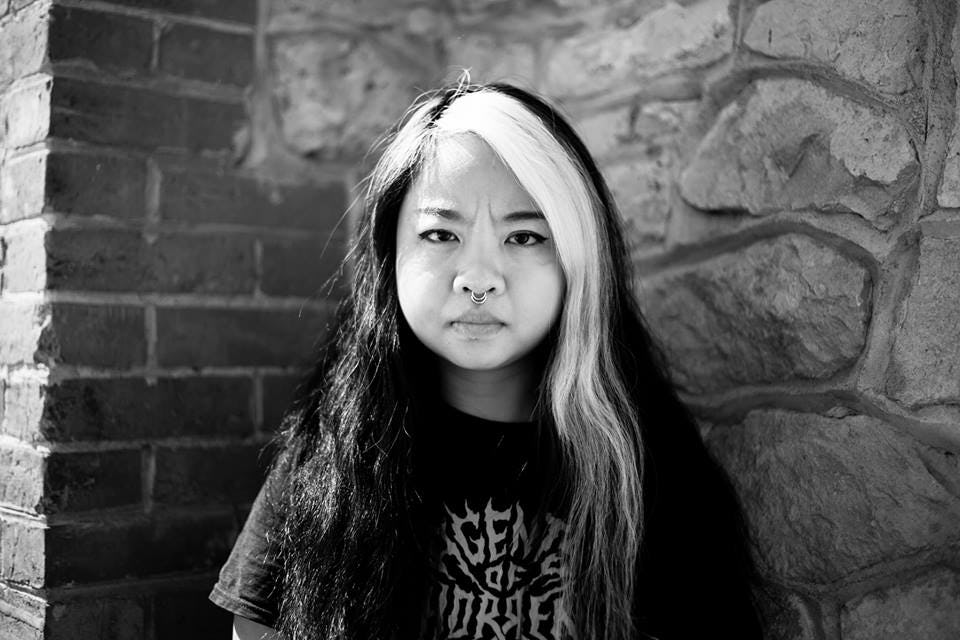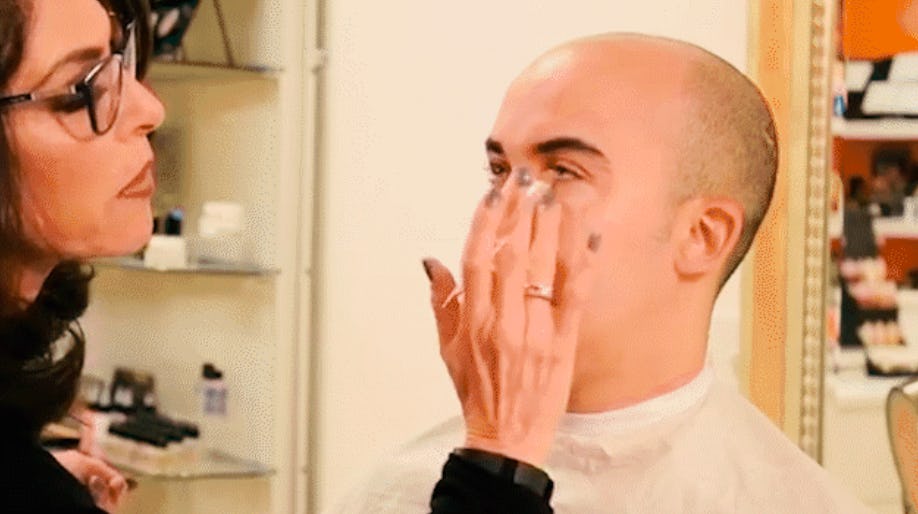Form and Substance
Tiffany Tsao • 11 February 2022
What happens when shallow gestures take the place of meaningful action? When outward form supplants content? When people confuse buying a tote bag with decolonisation, eating Chinese food with cultural open-mindedness, and great hair with doing one’s job?
The pieces featured in The Circular this week interrogate the impulse to replace or confuse substance with the superficial. Two of the essays have been specifically selected and arranged to continue delving into an issue raised by a preceding text.
Following Maddee Clark’s observations on superficial ‘decolonisation’ in the arts is Moana Jackson’s discussion on the need to reframe the decolonisation story and move toward an 'ethic of restoration' rooted in stories in the land. We take the opportunity afforded by Cher Tan’s incisive critique of snackable, digestible media content and intellectual expression to feature one of its references – a meditation in fragments by Ouyang Yu on life as a dead Chinese writer in Australia.
The Crisis of ‘Decolonising’ the Arts
Maddee Clark, disorganising, November 2021
Knowing better and not being racist is a form of capital you can buy and sell in the hyper-intellectualised and globally conscious art world – something one achieves through the consumption of diverse arts, culture, and education.
Decolonisation and the stories in the land
Moana Jackson, E-Tangata, May 2021
'Decolonisation' may not be the most appropriate word for that kind of remedy because, like colonisation, it came from somewhere else. Perhaps it could be replaced with the ethic of restoration.
Alison Roman and the NYT’s Treatment of Asians and Asian Cuisine
Kim Hew-Low, Plan A Magazine, 2020
Every bowl of chop suey drove a wedge between Chinese food and its context – that is, Chinese people, Chinatown, and even the specific culinary practices that led to its existence. These specifics, of course, mattered little to the average American diner, since Chinese food was never about Chinese producers but rather, white consumers; specifically, about enriching their bodies, their pockets, and eventually, their social identities.

House Style Lifestyle, Or: Same. Same. Same. Same. Same. Same.
Cher Tan, Cordite Poetry Review, October 2021
When first impressions and outcomes matter more than the act of reading itself, arbitrary measures such as 'engagement' and 'marketability' are used as yardsticks against unquantifiable devices such as narrative and stylistic structure – like scum, they rise to the top.
The Case for China or a Self-obituary
Ouyang Yu, Meanjin, September 2021
He did not give them a definition of what poetry was. He did not show them examples of best poetry. He did not provide them with a list of works by the best poets to read. He eschewed all that. Instead, he said to all of them, about thirty of them in class: You are all poets, even if you have never written a single line in either Chinese, your mother tongue, or English, your potential father tongue. Today is the day I want you to write your first poems.

Q&A – The Hair and Make-up Artist: 'It All Changed with HD'
Sophie Quick, Notes, December 2019
Back in the day, before there was social media, people would actually phone in to the network and say, 'What was wrong with her hair and make-up tonight? It was terrible.' I mean, don’t worry that she was trying to cover 9/11. Let’s just focus on the hair and make-up. Seriously!